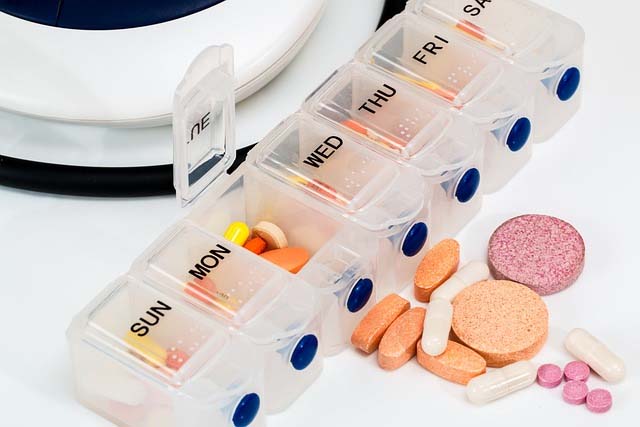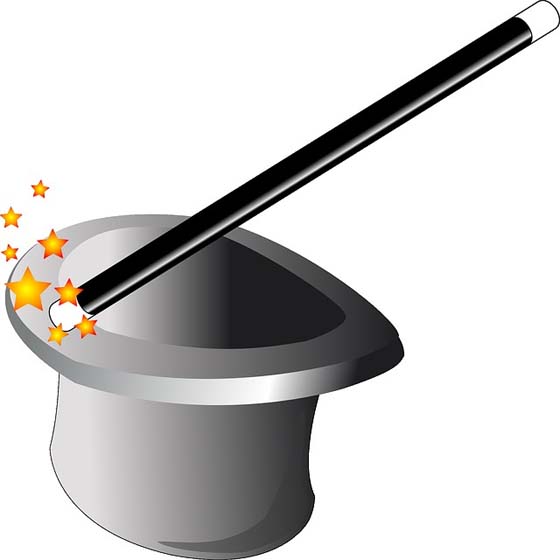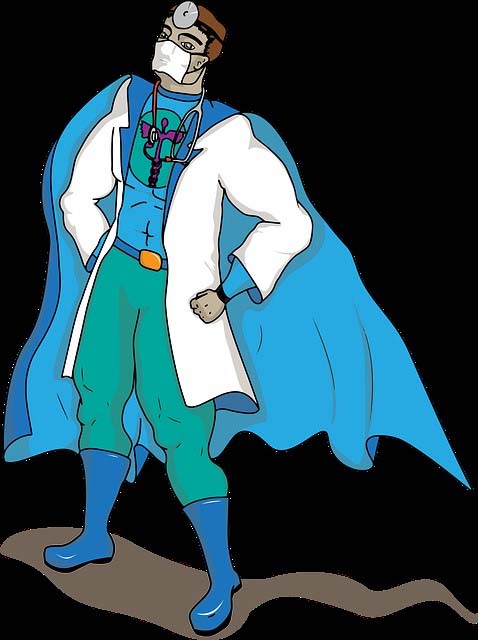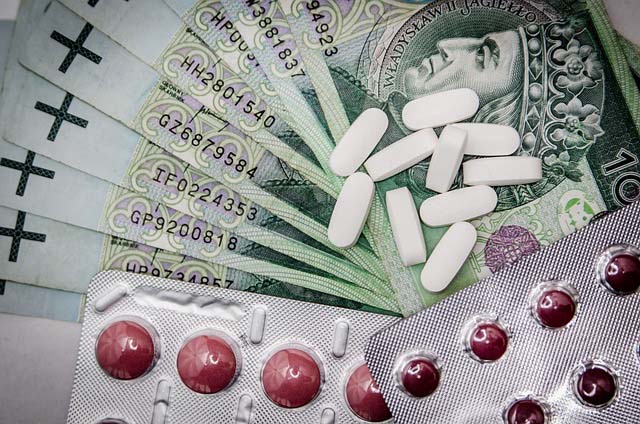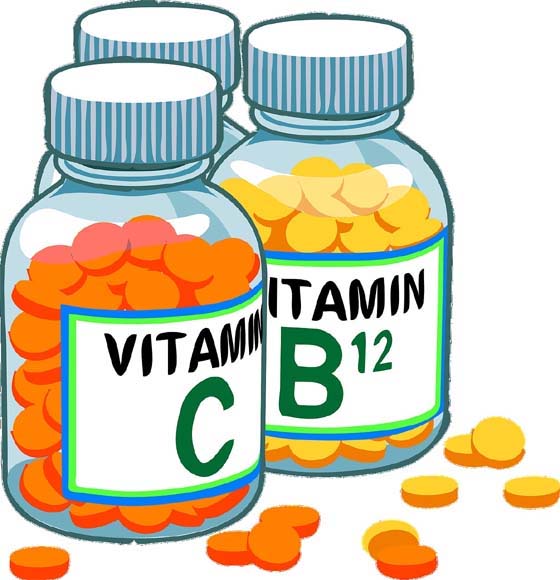THE PLACEBO EFFECT
The placebo effect is the term for what happens when a patient chooses or is given a placebo to help with a medical problem. 'Placebo' is a term most often used to describe a sugar pill.
However, the term is much broader and may refer to vitamins, minerals, supplements, over-the-counter analgesics, or even antibiotics for an illness that is obviously caused by a virus.
Many of today’s physicians, with a backlog of cases and not enough time to spend with each patient, prescribe placebos (vitamins, supplements, etc.), knowing full well they are medically ineffective, but could be useful for making the patient feel better. Those physicians who tell their patients they are actually getting a placebo believe the practice to be ethically acceptable.
A TRAP
Using a placebo is a trap almost all of us fall into routinely. For example, we regularly take over-the-counter cold medications when we are sick. These medications, for the most part, are clinically useless, but we all feel better when we do ‘something,’ because doing ‘nothing’ is simply intolerable. Even sick children tend to feel better when their parents feel better about doing something to help them.
PLACEBO USAGE
To some, a good response to a placebo can mean that the body can heal itself. But the placebo effect is more complicated.
Many diseases vary in severity over time. For example, arthritis sufferers can have good days and bad. Patients with a condition being followed in a clinical trial may feel their condition may get better even when they are in the placebo group because they are getting better quality care and closer follow-up. Even just the simple act of doing ‘something’ can be reassuring.
There are many aspects to the use of placebos in medicine. This has led to a controversial approach of using placebos to treat certain conditions where the causes are complex and few practical treatments exist, such as chronic, non-fatal medical problems.
The main problem (notwithstanding the issue of inducing microbial resistance from the overuse of antibiotics) is that these therapies are essentially harmless, but medically ineffective. They may not necessarily be benign as well. And they can be very expensive.
THE PLACEBO EFFECT and the POWER OF POSITIVE EXPECTATIONS and BELIEFS
There is an increasing amount of evidence that what goes on in our mind may well be connected to what goes on in our bodies. One good example of this is what happens when we believe bad news is coming, perhaps by being awakened with a phone call in the middle of the night and you can feel your heart start racing. In this case, a physiological function can be affected (a racing heart) even though there is no physical stimulus. In simple terms, the mind and body have connected in this instance.
If negative thoughts or beliefs can have an adverse effect, could it be that positive thoughts or beliefs can produce a positive effect. Medical history suggests this may indeed be the case. Perhaps this is truly where the placebo can make a difference in some cases.
THE PLACEBO EFFECT in
EARLY MEDICAL PRACTICE
Early doctors maintained their high regard in society, even though ineffective procedures such as bloodletting and prescriptions including snake oil were used.
Fortunately, many ailments can be self-limiting and will resolve whether therapy is initiated or not. But when patients improved, physicians usually got the credit. The placebo effect was the cornerstone of medical practice.
The placebo effect was also well-known by native Indian tribal medicine men and shamans. Often magic was used, not only by these men but also by traveling physicians. The idea was to show physical evidence of their spiritual strength, and then belief in their abilities would be fostered and their healing power would be increased greatly.
The belief at the time was that illness was an impurity of some sort that could be extracted from the body. The source of the disease, such as a piece of bone or a tuft of fur, could be visibly removed from the body by sleight of hand and the patient would immediately feel better (though often temporarily).
IS THERE A SCIENTIFIC EXPLANATION
FOR THE PLACEBO EFFECT?
We know that enkephalins and endorphins are the body’s natural pain killers and mood modifiers. It has been suggested that their concentration increases in response to belief or prayer. But it is very difficult to try to explain in terms of molecules how the mind exerts its effects on the body. How this happens is not totally understood, but there is no debate as to the fact that it does happen.
ILLNESS vs DISEASE
Perhaps the placebo effect is better understood if we can understand the difference between illness and disease. Illness is what a patient feels, while disease is the existence of a physical problem. Placebos can have a significant effect on illness, but their effect on disease is unclear. Belief in ‘alternative’ treatments such as apple cider vinegar or a host of others like it, for example, should not be chosen over scientifically proven procedures which may be able to alter the course of the disease. When that happens, belief in questionable cures may prove harmful.
HOPE
Hope may be the answer we are looking for. There is not much scientific evidence to back up the claim that positive thinking can cure any disease. However, a landmark paper in the New England Journal of Medicine concluded that, although positive thinking did not produce a better outcome in terms of longevity for cancer patients, they did have a better quality of life because they maintained hope.
THE NOCEBO EFFECT vs
THE PLACEBO EFFECT
The term 'nocebo' comes from the Latin for ‘I shall harm.’ This contrasts with the term, ‘placebo,’ which also comes from the Latin and means ‘I shall please.’ While the placebo effect is usually associated with an improvement in symptoms, a nocebo effect happens when a patient’s negative expectations or beliefs about a treatment lead to a more negative outcome or worsening of symptoms. This can happen even if the substance is an inert substance such as a placebo. The nocebo effect, like the placebo effect, is complex and powerful.
The nocebo effect could lead to someone falsely attributing their symptoms to a medication, resulting in their stopping the medication. Fear of side effects is the most common reason people refuse or stop taking certain medications. If a patient anticipates there is a side effect of a medication, they can experience that effect even if the medication is harmless. When patients stop taking their medications, mortality goes up.
THE NOCEBO EFFECT and
STATIN USE
A good example of the nocebo effect occurs with the use of statins. There is no question that cholesterol matters for cardiovascular disease. Unfortunately, negative press about statins is linked to people stopping their cholesterol medication. More heart attacks are the result.
The number one reason people stop taking a statin is because of muscle pain. It is true that in rare cases (one in 10,000) people can have muscle damage that can be life threatening, so it is quite rare. Studies have been done where patients were given a statin or a placebo and they did not know which one they were getting. During the trial, the rates of muscle-related side effects were about the same in the statin and placebo groups. But when the patients were told whether they were on the statin or not, an interesting thing happened. The rate of muscle-related side effects dropped considerably in those not taking the statin but remained significantly higher in those taking it. Just the possibility that patients might be on a statin seemed to induce more muscle pain, but telling them they were not taking the statin, made the pain go away.
Thus, we can see that if a patient anticipates a side effect of a medication, they can experience that effect even if the medication is harmless. The nocebo effect can manifest in a wide range of symptoms. These can include some of the following: nausea, stomach pains, itching, bloating, depression, sleep problems, loss of appetite, sexual dysfunction, and severe hypotension.
SUMMARY
Prescribing a placebo has been a part of medical practice for a very long time and is still used in use today.
The placebo effect and the nocebo effect are very real even though science and the medical field do not completely understand how they work. It is important to know that these effects can induce measurable changes in the body.
The advent of the wide range of medical and scientific information on the Internet, whether proven or not, can lead to real problems when dealing with how a medical condition is treated.
If placebos can be prescribed or taken, it is very important to know if the problem is an illness or a disease. If a placebo can help ease the symptoms of an illness, that is fine. But if the placebo is thought to cure a disease, that may be dangerous, possibly causing the underlying disease to progress without treatment. However, if the disease is one that has no current treatment or cure, a placebo can be used to help the patient feel better, producing feelings of positivity and hope.
The danger with the nocebo effect is that a patient worried about side effects may decide to stop taking his or her medication, which could quickly lead to a dangerous medical situation. If the patient takes the medication, the nocebo effect could likely lead to the very side effects they were anticipating.
The undeniable fact that the mind and body are linked leads to the answer to the placebo and nocebo problems. Patients should be aware that these effects exist and take steps to discuss all procedures with their primary care physician or specialist. Information on the Internet can be valuable but does not always apply to a patient’s specific medical status.
Please note: Scientific information for this article was used with permission from McGill University Office for Science and Society.
Top of The Placebo Effect
"The Cleanest Clean You've Ever Seen."
by
ABC Oriental Rug & Carpet Cleaning Co.
130 Cecil Malone Drive Ithaca, NY 14850
607-272-1566




